Key Events: November 2-15
Key news, events & analysis on Belarus
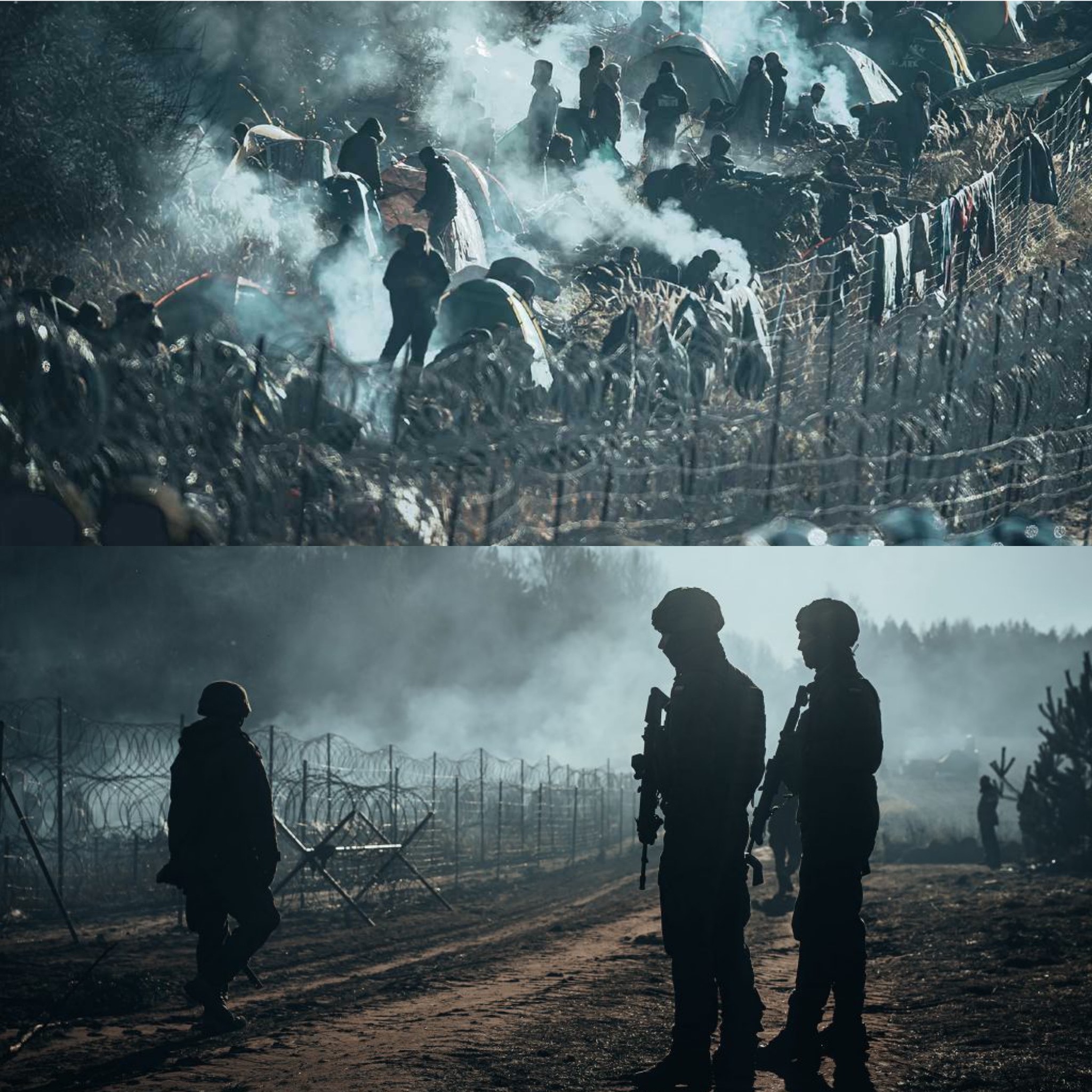
Border Crisis
Background: In the past months, tens of thousands of migrants mainly from the Middle East and Africa have been lured by the Lukashenka regime to buy “tourist” packages including visas, flights and hotels in Minsk before being loaded to bus and forced to cross E.U. borders of Poland, Lithuania, and Latvia. Tens of thousands of crossings have been stopped and more than 9 people have reportedly died. According to the E.U., the artificial migrant influx is orchestrated by Russian and Belarusian states to destabilize and infiltrate Western democracies. EU have described this human trafficking, paired with active anti-West propaganda as “hybrid” warfare. Poland and Lithuania are now constructing border walls. Belarusian border patrols are now spotted supplying migrants with tear gas and wire cutters to help get through the border.
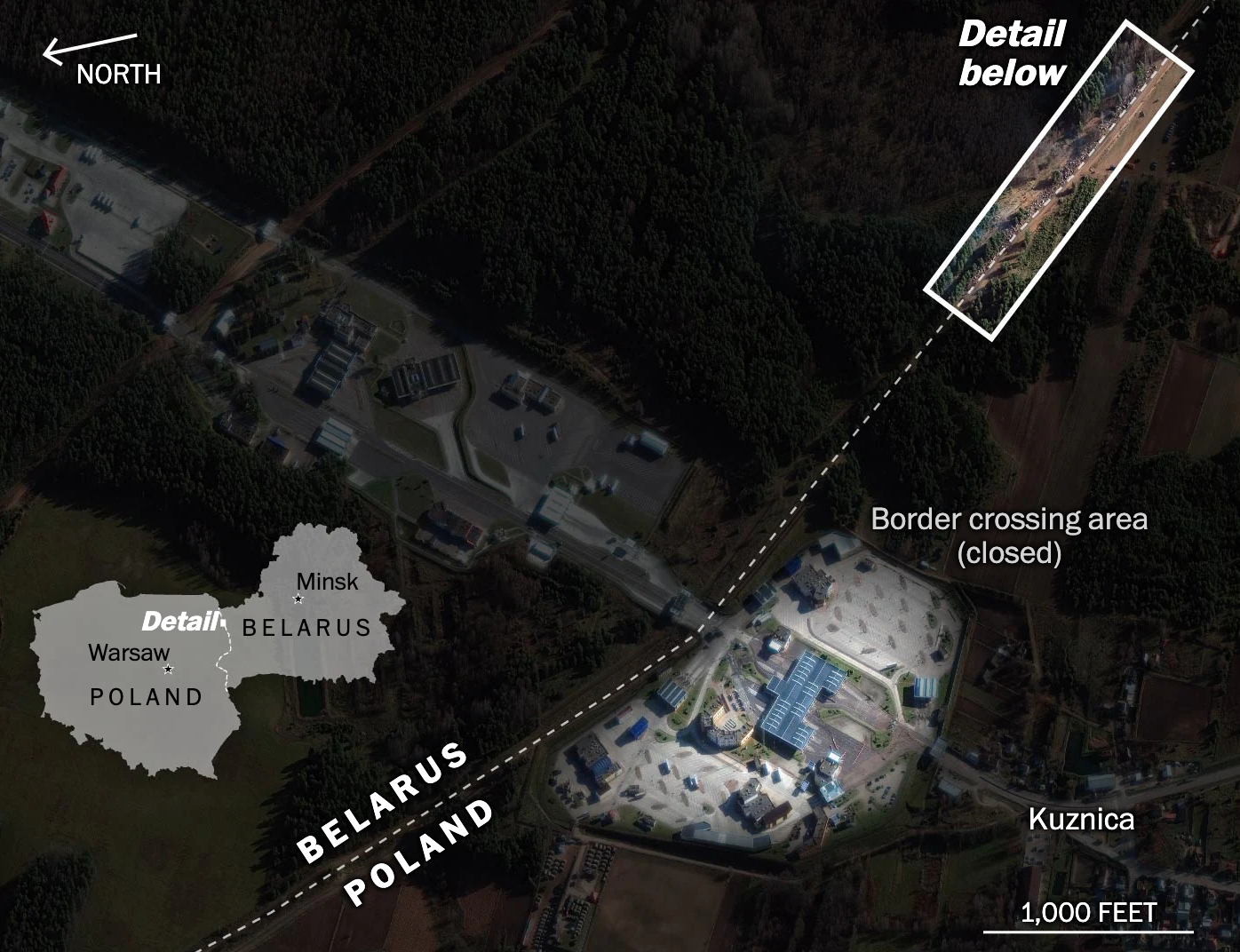

The refugee crisis at the EU-Belarus border escalated in November as dozens of stranded migrants turned into thousands and the Belarusian weather dropped to below freezing temperatures. Polish troops, with the support of the British engineers’ corps, are guarding the border. Following her meeting with President Biden, European Commission President Ursula von der Leyen announced forthcoming sanctions against Lukashenka’s regime.
Lukashenka’s escalation of the refugee crisis at the EU border indicates his apparent confidence in Putin’s support and Russian contributions to sustain the Belarusian economy. In response to the potential sanctions, Lukashenka threatened to stop the gas supply to Europe through the Yamal gas pipeline, though Putin later refuted that possibility.
Putin’s support
Claiming that he has nothing to do with the hybrid warfare at the Eastern EU border, Putin revealed his intentions and provided support to his ally, Lukashenka. In his conversation with Merkel, Putin suggested that the EU should start negotiating with Lukashenka. It also appears that Putin promised military assistance to Lukashenka. Russian warplanes air patrolled the Belarusian border, and Belarusian and Russian troops organized the military exercise near the western Belarusian border. Also, Lukashenka announced a possibility to deploy Russian Iskanders to the western and southern borders of Belarus.
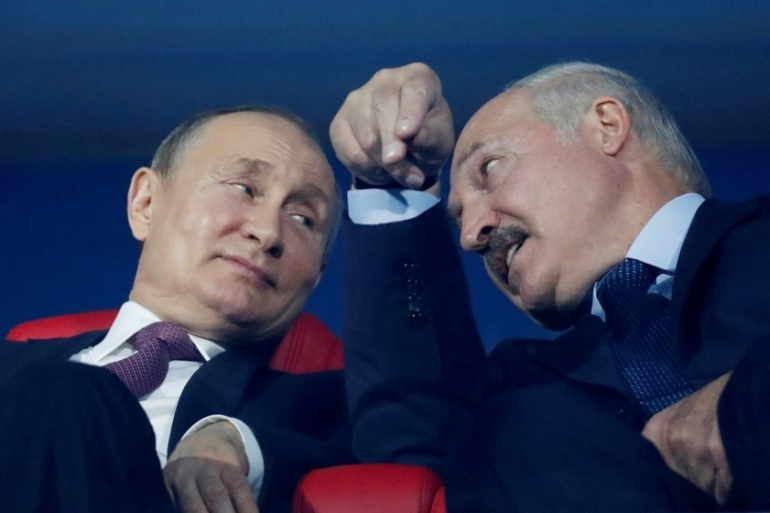
Belarus Minister of Defense Viktor Khrenin accused the West of preparing for the military conflict and claimed that the Belarusian army could respond to any alleged threats and provocations with the support of Russian troops. Several Russian and Belarusian officials announced the creation of the united military doctrine of Belarus and Russia.
Orchestrating the crisis, Lukashenka retaliated against the EU sanctions and Polish, Lithuanian, and Ukrainian support for the exiled Belarusian democratic forces. Lukashenka also sought to destabilize the EU and force the EU to start negotiating with the regime. Earning money on the migrant business and creating favorable conditions for negotiation with Putin were likely secondary goals. In the latest interview with the Russian TV station Rossia, Putin fully backed Lukashenka’s actions.
Belarus, Ukraine & militarization
On November 13, Lukashenka signaled his readiness to negotiate with the EU. And despite Europe’s condemnation of the Belarusian regime, Belarus’s export to Europe doubled in the past year.
Both Lukashenka and Putin are using the situation to increase the number of troops and military equipment in Belarus and in the Western direction. While denying any intent to invade any neighboring countries, Putin has moved his troops closer to the Ukrainian border and might not be above seizing an opportune moment to annex parts of Ukraine and the Suwalki region to reverse the “catastrophe of the 20th century.” Britains’ senior military official warned of a “miscalculation” that might lead to a war between the West and Russia.
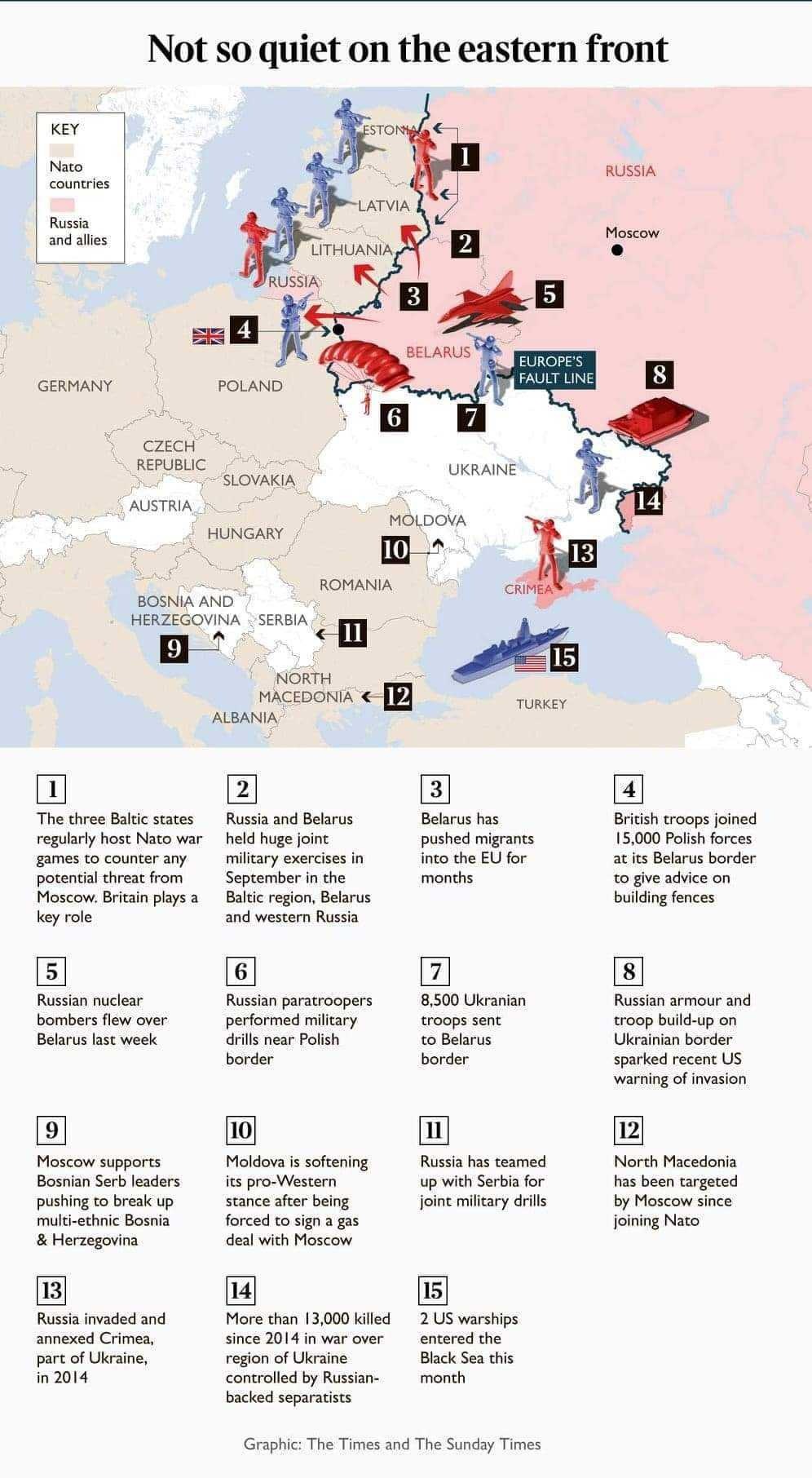
Repressions in Belarus
While the world is focused on the border crisis, Lukashenka continues usurping the power through repressions, eradicating all independent media and civil society, postponing the local elections, and preparing the referendum on the constitutional change. More than 270 nongovernmental organizations have been liquidated since July, including the last three officially registered human rights organizations in Belarus. Just this week, the Belarus Supreme Court of Belarus liquidated the Society of Belarusian Language. The Belarusian Popular Front (BNF) also faces liquidation. On the Belarusian KGB’s long list of “extremist media” are Polish-based Belsat, German DW, and now the BelaPAN news agency. People continue to be arrested for participation in last year’s peaceful rallies. Political prisoners purposefully face inhumane conditions, degrading treatment, and deliberate exposure to COVID. The Belarusian freestyle skier world champion Alyaksanrda Ramanouskaya was arrested and fined for allegedly “violating the protest law.” Lukashenka targets people of any profession but particularly those who shed light on the scope of the crackdown and defend those in need of protection. The dissenting journalists, human rights activists, lawyers, and defense attorneys are the primary targets.
Moreover, November 12, 2021, marks one year since the tragic death of Raman Bandarenka, resulting from the brutal beating by the Lukashenka security forces. Not a single investigation has been carried out to address reports of torture, rape, and murder in the period since the beginning of the post-election protests in August 2020.
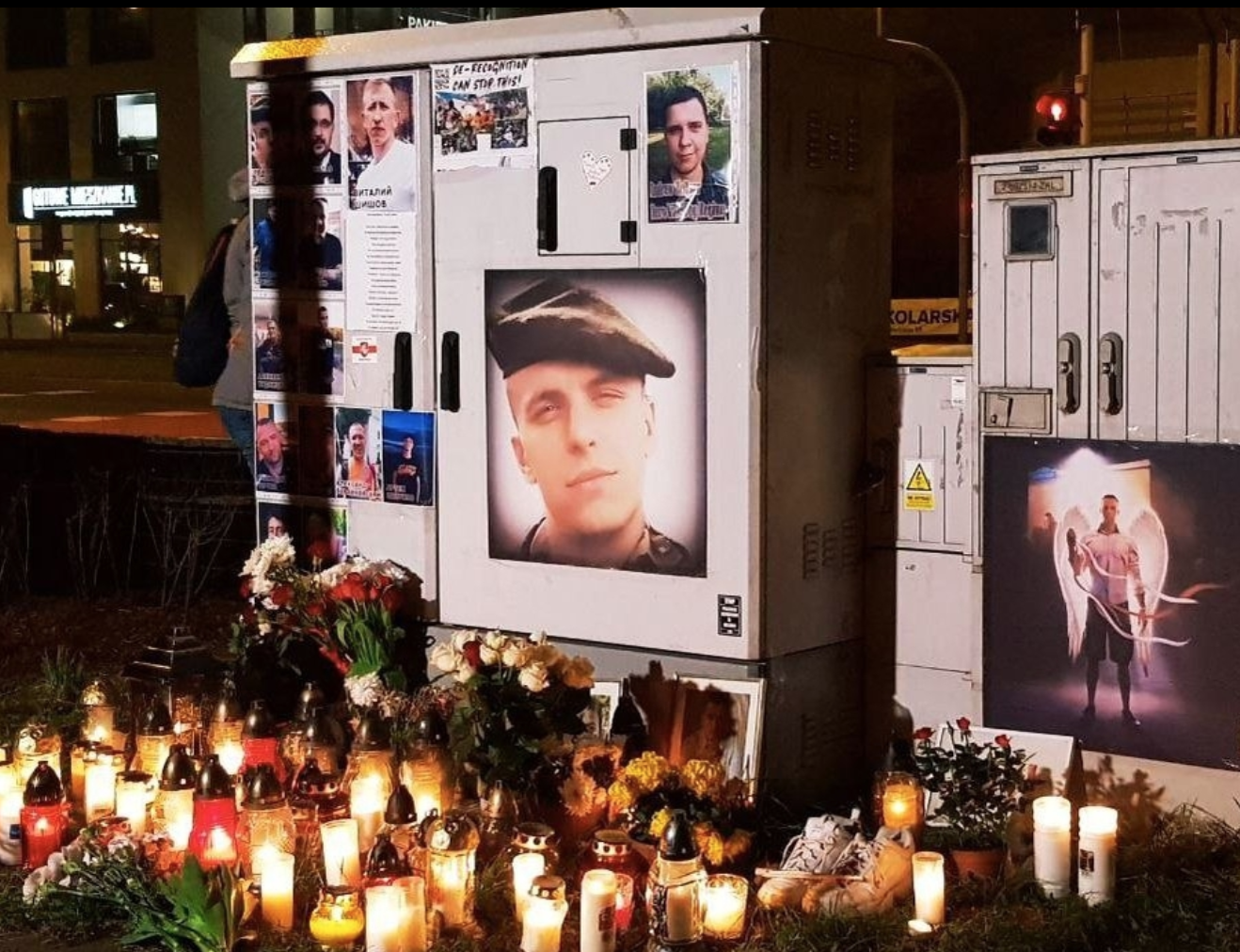
Constitutional Bomb
When the news broke about the political structure outlined in the new constitution that Lukashenka plans to unveil at the upcoming referendum, it raised the eyebrows of even the staunchest Lukashenka supporters. While Belarus will remain a presidential republic, the position of the President is to be stripped of its dictatorial powers. Instead, a new position, the Chairman of the All-Belarusian People’s Assembly, will be introduced to rule the country in the USSR politburo style. Although it is unclear as to what intentions moved Lukashenka to start meddling with the system that already provides him with absolute powers, some analysts point towards Russian pressure. Apparently, Russian political support to Lukashenka during the 2020 elections crisis was conditional upon constitutional reform, such as introducing multiple centers of power.
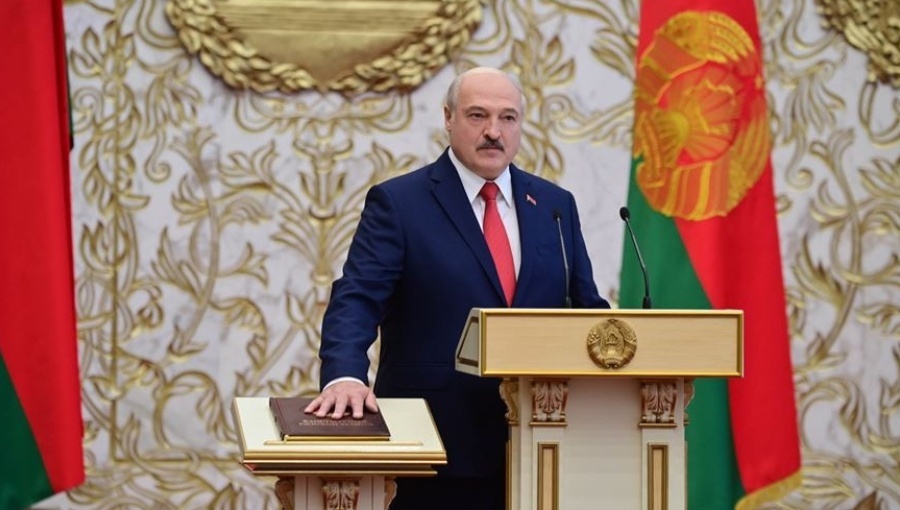
Future of Belarus
At the same time, the 28 roadmaps package signed by Lukashenka and Putin, together with the new joint military doctrine with Russia, mark the biggest blow to the sovereignty of Belarus since Lukashenka’s signing of the Union State agreement in 1999. Centered mostly around the economic integration agenda, the package had been heavily advocated for by Russia in the last couple of years as it opens up the door for the future takeover. As the result of inciting repressions after the rigged 2020 elections, Lukashenka lost all the counterbalanced support from his former EU and American partners. Now he has no choice but to give in completely to the Russian pressure. The Belarusian opposition leaders promptly denounced the agreement as not valid because it was not signed by an elected government of Belarus.
Opinion
Swift, decisive actions must be taken and consistently reinforced to set the consequences for the crimes against humanity by Lukashenka’s regime. This year’s examples of blatant violation of human rights in Belarus, Ryanair flight hijacking, and weaponizing of migrants give plenty of evidence that incremental sanctions do not work. Lukashenka continuously manufactures humanitarian catastrophes on an international scale, destabilizing the Eastern European region and the EU. Putin provides approval to Lukashenka’s actions and the political and material support.
Interesting Read
-
Washington Post Editorial Board Opinion: The leader of Belarus is provoking a border crisis. He must be stopped.
-
News from Belarusian Diaspora in the USA: Belarus Brief October 2021
-
Atlantic Council’s Belarus Alert Blog
-
Video made in support of repressed Belarusian students by the Belarusian Students’ Association
